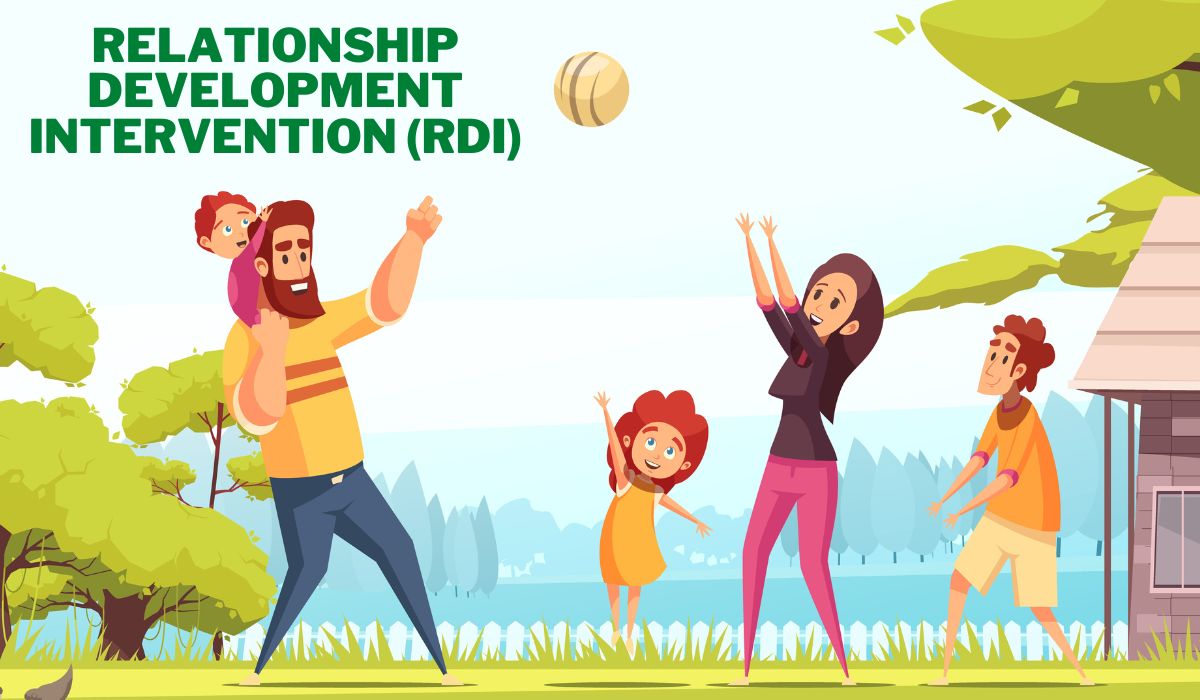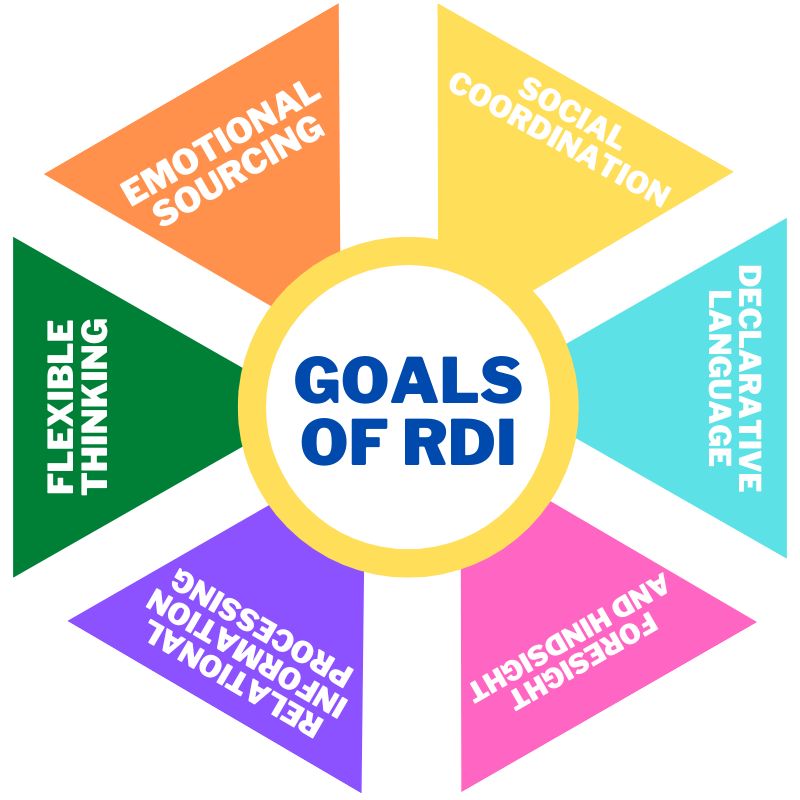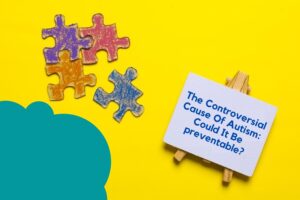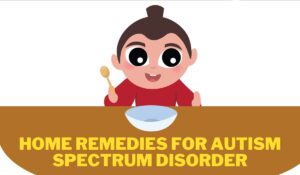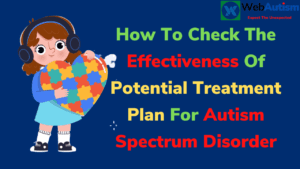Relationship Development Intervention RDI is a family-based, behavioral treatment which focuses the core symptoms of autism. It focuses on developing social and emotional skills. Parents are educated & trained as the primary therapist in most RDI programs.
RDI helps to develop the ability to form an emotional bond and share experiences with others.
Dynamic Intelligence
RDI based on “dynamic intelligence” a key to improving quality of life for individuals with autism.
Dynamic intelligence – the ability to think flexibly:
- Understand various perspectives
- Accommodate with change
- Combine information from multiple sources (e.g. lights and sounds)
There are six goals of Relationship Development Intervention (RDI):
- Emotional sourcing: the ability to pickup from the emotional and subjective experiences of others
- Social Coordination: the capacity to observe and control behavior to successfully involve in social relationships
- Declarative Language: the capacity to use language and non-verbal communication to express curiosity, invite others to communicate, share perceptions and emotions and coordinate your actions with others
- Flexible Thinking: the ability to adjust and change plans as circumstances change
- Relational Information Processing: the ability to keep things into context and solve challenges that lack clear cut solutions and have no “right or wrong” solutions
- Foresight and Hindsight: the ability to think about previous experiences and predict future possibilities based on past experiences
RDI includes a step-by-step approach to develop motivation and teach skills. The teaching plan is customized for the child’s current age and ability level. The parent and therapist uses a set of step-by-step, developmentally adequate goals
The initial aim is to develop a “guided participation” relationship between parents and child, with the child as a “cognitive apprentice.” Once this relationship is established, the family advances through a series of developmental goals for their child.
The aim of this process is to increase “neural connectivity,” or brain function.
Parents, teachers and other care-providers continue to utilize the principles of RDI in the child’s day to day life. They use positive reinforcement to help the child to develop social skills, adaptability and self-awareness.
Who can give RDI?
Parents and care-providers of people with autism usually work as the primary therapist in an RDI program. Parents can learn the methods of RDI through training seminars, books and other materials.
They may select to work with an RDI-certified consultant, also.
School teachers and behavioral therapists may also use RDI. Some specialized schools give RDI in a private school setting.
How does RDI work?
The RDI consultant may start by doing an assessment to learn how the child interacts with parents or teachers. The consultant will then make a teaching plan and goals based on the child’s development and abilities.
The plan will include working on communication strategy that best suit the child.
Initially, RDI involves one to one work between the parent and child. The parent or therapist applies stepwise, developmentally appropriate goals to day to day life situations.
For example, at first parents may bound, how much they use spoken language. This motivates the child and parent to focus on eye contact and non-verbal communication.
As the child’s abilities improves, the objective and teaching plan change to meet his/her requirements.
Next, the child start spending time with a peer who has similar social and emotional skills. This may be called as forming a “dyad” (meaning two children).
Gradually, additional children will join the group. They meet and play in different settings with the guidance of a parent or therapist. This allows them to practice developing and maintaining relationships in different contexts.
Intensity of most Relationship Development Intervention (RDI) programs
Families usually adopt the principles of RDI in their day-to-day lives. Each family will decide based on their child requirements. Most families give at least a few hours per week using RDI strategies.

